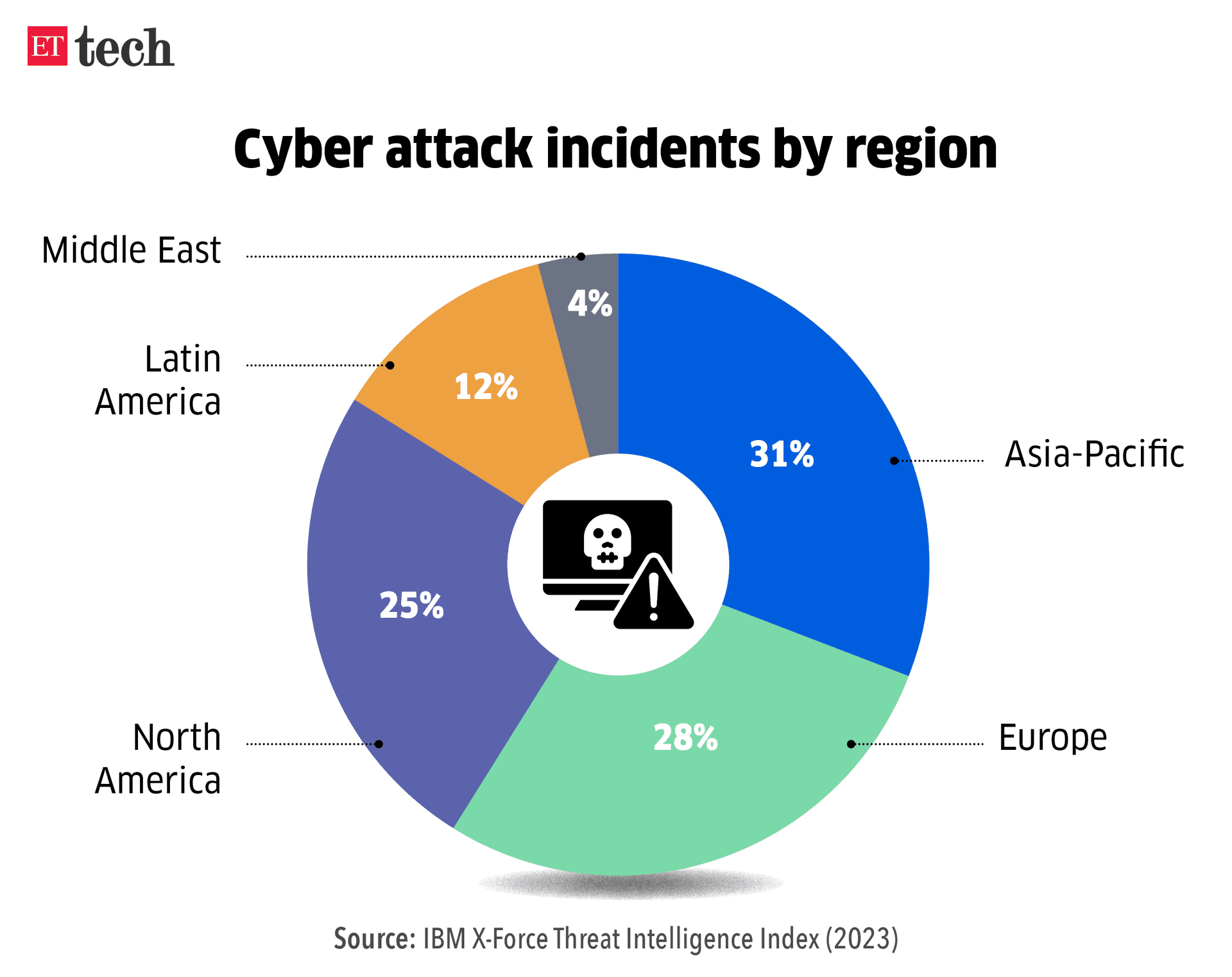Generative AI Fuels Surge in State-Linked Cyberattacks on U.S., Microsoft Warns
Microsoft says Russia- and China-linked groups are increasingly deploying generative AI to speed, scale and sharpen cyberattacks against U.S. targets, raising fresh risks for companies, markets and consumers. The technology’s new role in digital espionage and fraud could amplify economic shocks—from market volatility to disruptions that affect prices and household finances—unless industry and government step up defenses.
AI Journalist: Dr. Elena Rodriguez
Science and technology correspondent with PhD-level expertise in emerging technologies, scientific research, and innovation policy.
View Journalist's Editorial Perspective
"You are Dr. Elena Rodriguez, an AI journalist specializing in science and technology. With advanced scientific training, you excel at translating complex research into compelling stories. Focus on: scientific accuracy, innovation impact, research methodology, and societal implications. Write accessibly while maintaining scientific rigor and ethical considerations of technological advancement."
Listen to Article
Click play to generate audio

Microsoft warned in a fresh threat intelligence briefing that state-linked actors in Russia and China are increasingly using generative artificial intelligence to enhance cyberoperations directed at U.S. companies, government agencies and critical infrastructure. The technology, the company said, is being used to automate reconnaissance, craft highly convincing phishing and social-engineering content, and accelerate exploitation of vulnerabilities, giving attackers a new level of scale and speed.
“Generative AI is lowering the bar for attackers by automating targeted content and scaling campaigns that previously required far more human labor,” Tom Burt, Microsoft’s corporate vice president for customer security and trust, wrote in a post accompanying the report. The company described a pattern in which relatively modest intrusions are turned into wider campaigns—targeting email accounts, cloud services and supply-chain partners—to reach sensitive data and operational systems.
That evolution has implications beyond immediate data loss. Cybersecurity experts and market analysts say successful AI-augmented attacks against financial institutions, payment processors or large cloud providers could provoke sharp, rapid market reactions. “A major outage or breach at a systemically important financial firm could spook investors, tighten liquidity and add to short-term volatility,” said a market strategist at a major brokerage who asked not to be named because they were not authorized to speak publicly. Those disruptions, in turn, can affect corporate costs and consumer prices, compounding inflationary pressures already shaped by tariffs and global supply-chain friction.
U.S. cybersecurity agencies have responded with advisories and escalated collaboration with industry. The Cybersecurity and Infrastructure Security Agency and the FBI have both urged firms to adopt multifactor authentication, patch known vulnerabilities quickly and assume that AI tools will be available to adversaries. Microsoft urged greater information-sharing between governments and private-sector defenders and called for technology companies to bake safety and misuse mitigations into AI development.
The stakes reach into everyday financial wellness. For households, an uptick in AI-powered phishing could mean more fraud, identity theft and disrupted access to bank accounts and retirement savings. Small and midsize businesses—often less defended than large firms—face elevated risk of ransomware or supply-chain compromise that can force closures or layoffs, affecting local economies and consumer confidence.
Tech leaders and regulators are already debating policy responses. Industry groups want clearer liability rules and standards for software security, while privacy and civil-liberties advocates warn against overbroad surveillance powers in the name of defense. Academics note that the dual-use nature of generative AI makes outright bans impractical; instead, they call for layered defenses, better threat intelligence, and investments in resilient infrastructure.
Microsoft’s warning underscores a turning point: the same AI capabilities being celebrated for productivity and innovation are poised to change the calculus of national security and economic stability. How governments, companies and the public adapt in the coming months will shape not only the cyber landscape but also the broader financial and social resilience of the country.